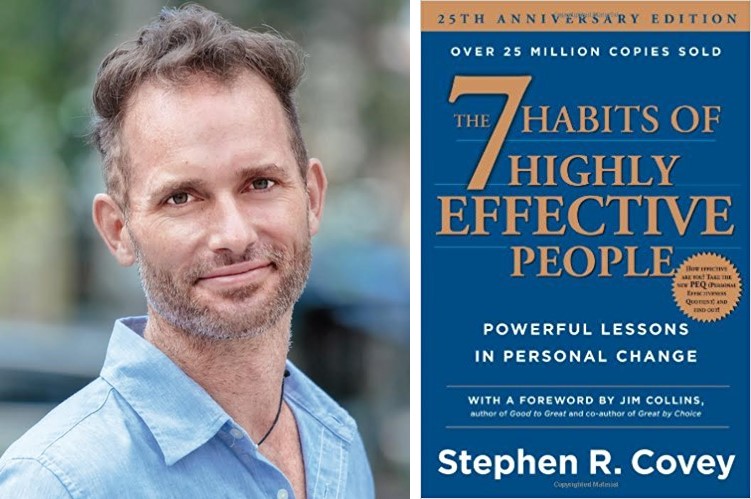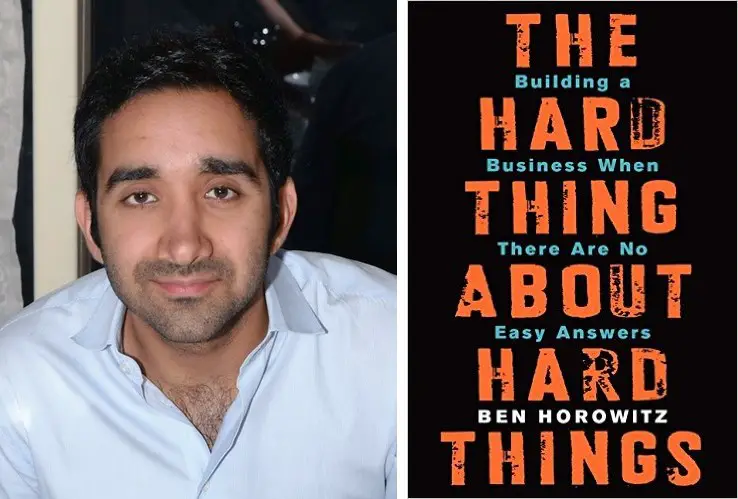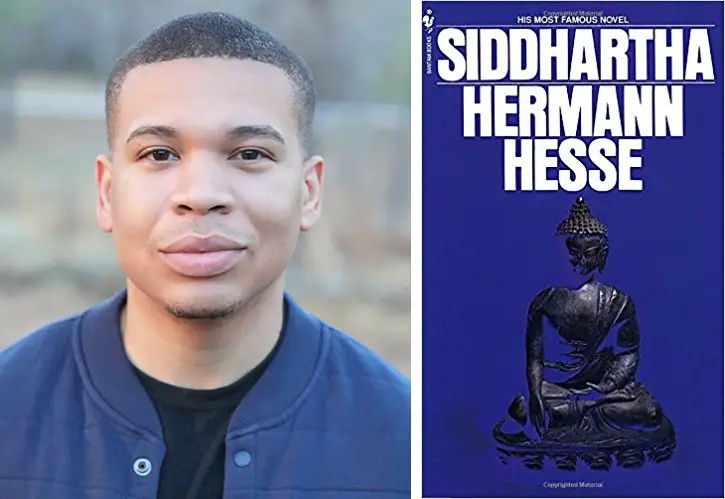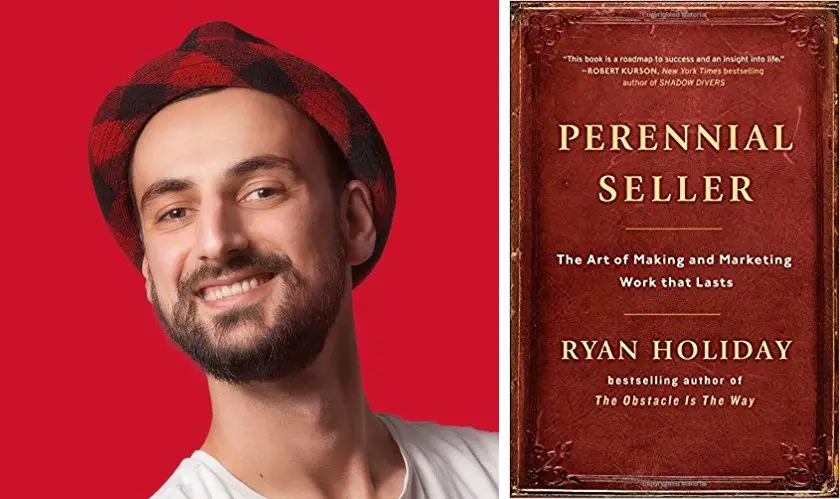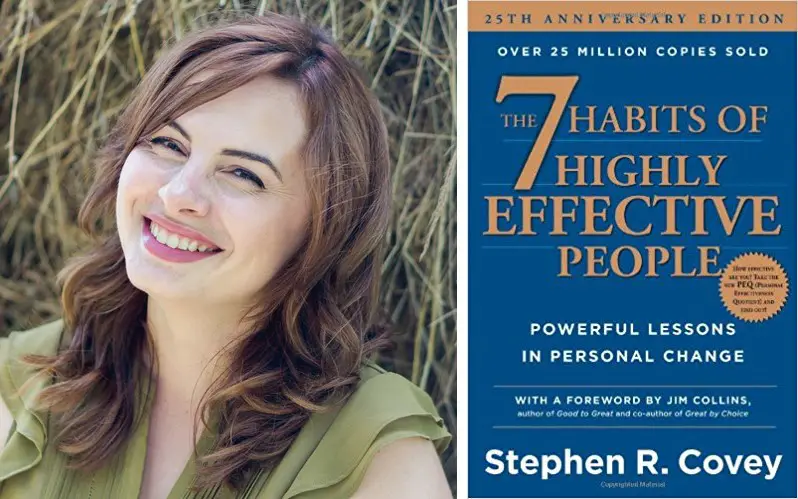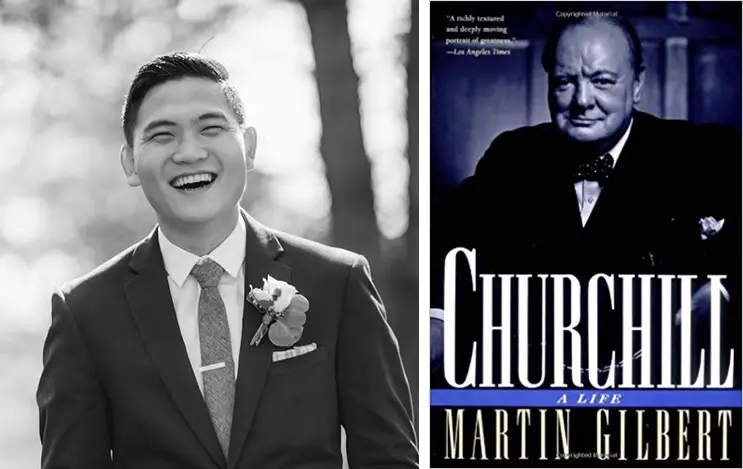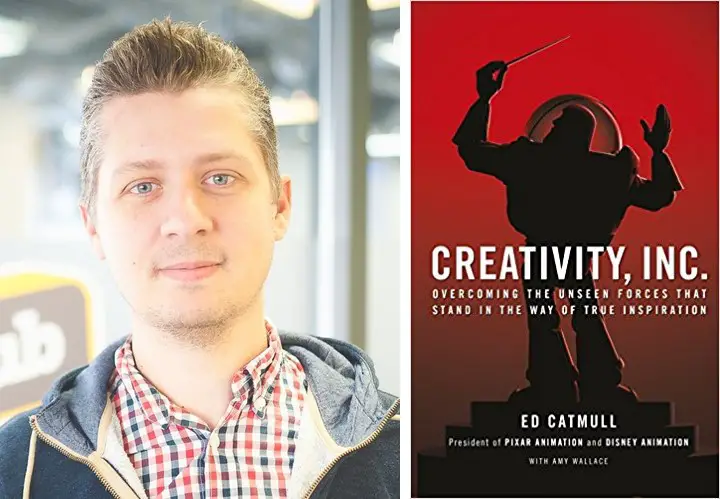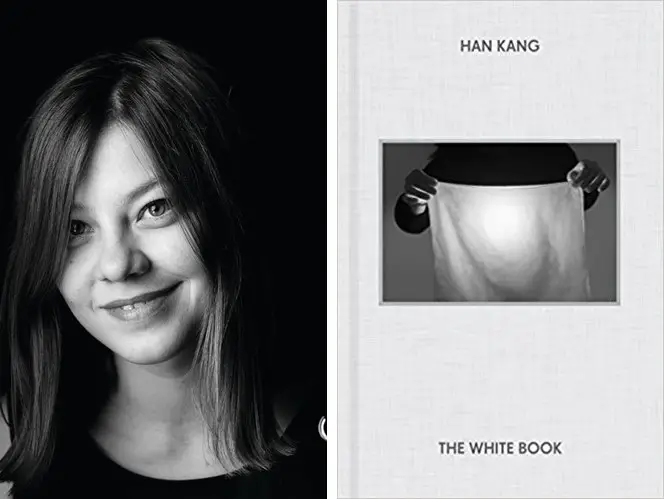The CEO Library Round-Up: Best Books Read in 2017
This the time of the year when we look inward, analyzing, making plans and lists for the next year.
In the past 3 months we (The CEO Library team) had the chance to talk to lots of wonderful people, the kind that we look up to. People who successfully started and run a business, manage teams, freelancers and the likes.
We reached out to them once again and asked them the same question, in the quest to find out what books had the biggest impact on them this year.
Here’s what we found out (we’ll continue to update this article as we receive more answers):
What book did you read in 2017 that had the biggest impact on you?
Kris Reid (the coolest guy in SEO, founder of Ardor SEO):
A classic, 7 Habits of Highly Effective People. It had been recommended to me before and I wish I had read it earlier. I use the techniques in this book to organize my day, be far more effective, have more impact, less stress and more free time.
Robert Hajnal (one of the best Romanian ultrarunners, founder of Trail Running Academy):
Two books: one for running, it’s Jason Koop -Training Essentials for Ultrarunning, it completely changed my training approach.
Tools of Titans is the second one. Each page inspires me to write a new blog article and really does your life easier if you apply those pieces of advice.
Deepak Chhugani (founder of the Lobby):
The book that most impacted me in 2017 was The Hard Thing About Hard Things by Ben Horowitz. This has been a year full of incredibly important decisions for me and for our startup, and this book did two very important things for me: a) Gave me comfort in the notion that founders all feel some of the same anxieties and doubts even when things are going well and b) It’s almost as important to be decisive as it is to make good decisions; put differently, slow decision making can kill your company before poor decisions do.
Ola Olusoga (co-founder of Populum):
Siddhartha by Hermann Hesse. It gave me a different viewpoint of life, and that point is life has chapters, we grow and evolve but our “souls” are still (timeless) like the river.
Quotes:
“I can think. I can wait. I can fast.”
“Have you also learned that secret from the river; that there is no such thing as time?” That the river is everywhere at the same time, at the source and at the mouth, at the waterfall, at the ferry, at the current, in the ocean and in the mountains, everywhere and that the present only exists for it, not the shadow of the past nor the shadow of the future.”
“Nothing was, nothing will be, everything has reality and presence”
“What you search is not necessarily the same as what you find. When you let go of the searching, you start finding.”
Nick Janetakis (self-taught full stack web developer & teacher):
Who Moved My Cheese – I’m a sucker for parables (stories to illustrate a moral lesson) and this book really delivers. I wish I found it years ago. It’s super short but it has so many insights about dealing with change. It teaches you how to avoid over-complicating things and to constantly be aware of what’s going on around you so that you can adapt before things get problematic.
It’s one of those books where you feel sad that it’s over, surprised how you managed to go your entire life without reading it and excited to move forward with whatever journey you’re on.
Robert Katai (visual marketer, founder of Instagramology):
Maybe it didn’t have the biggest impact in my life but definitely it was one of the books that made me think a lot about my work, and this is Perennial Seller. Even if it’s not the best work of Ryan Holiday or a big piece of art you will read every year, it’s something all content creators should check out. Why? Because today we see this content storm is approaching everyone who can connect on the internet, so the biggest question is not “How to create content that will have a big impact today on the user? but the real question is “What content can I create that will last today, tomorrow and in the future?” And this is what I’ve been thinking about lately when I approach content creation and distribution.
Andra Zaharia (Director of Marketing & Online Sales at Heimdal Security):
Besides “Thanks for the feedback“, which was already discussed in the second episode of The CEO Library podcast (which you should definitely listen to!), I thoroughly enjoyed “The 7 Habits of Highly Effective People” by Stephen R. Covey.
Many of the things I’ve been trying to get better at came together in this book. Things such as decision-making, prioritization, framing, balancing resources, etc.
The key takeaway that lingered in my mind after I read the book was the author’s advice on defining our own guiding principles. He wrote:
“We are more in need of a vision or destination and a compass (a set of principles or directions) and less in need of a roadmap. We often don’t know what the terrain ahead will be like or what we will need to go through it; much will depend on our judgment at the time. But an inner compass will always give us direction.”
Building these principles and staying true to them day by day is a challenge that encompasses everything I know and everything I need to learn simultaneously.
While this passage may feel truer now than ever, in my opinion, it’s just proof that human nature remains largely unchanged. Because of this, I’ve made it my mission is to keep fighting against “built-in” reflexes and behavioral triggers so that I don’t follow a predefined path, but rather forge my own.
“The 7 Habits of Highly Effective People” is a book for those who never stop challenging themselves, their assumptions, the way they think and especially how they act. And the best part is that it’s not just a source of advice because it includes specific actions you can engage in. Enjoy!
Gunhee Park (co-founder of Populum):
Churchill, A Life by Martin Gilbert is the most impactful book I’ve read this year. I generally enjoy reading biographies, as they’re a great way to understand history in a more personal viewpoint, while also getting a glimpse of how influential figures overcame adversities and pursued their ambitions.
Churchill’s life stood out to me for a couple reasons. When you think about the personal decisions made before, during, and after World War II, it’s really amazing to realize how much one person’s vision and leadership influenced the outcome of world affairs during the 1900s. During his long public career of 50+ years, it is admirable to see how he navigated politics and overcame setbacks to reach the pinnacle of his career as a wartime prime minister.
Overall, it was very humbling to learn about Churchill’s work ethic. As a political leader as well as an author, he is a true example of a public servant who envisioned a better (and more peaceful) world order and worked hard throughout his career to carry out that vision while also securing his legacy in history.
Bogdan Iordache (entrepreneur, co-Founder of How to Web & TechHub Bucharest):
Creativity, Inc. – I know it’s a classic book, but I just got to read it.
Alina Vârlănuță (Copywriter, Author, Creator of The Hole in Your Head):
Anything written by Han Kang. If I were to choose one, it would be ‘The White Book’ because I recently read it and it still flickers on my mind. It is an autobiographical writing reflecting on the narrator’s baby sister who died two hours after her birth. It is fragmented into different perspectives. Each opens a white dimension where mourning, frailty and death are dissolving word by word, in utter silence. I loved the structure as the author makes at the beginning a list of the white things that are connected to the narrative.
I read it as a book of and on silence, the silence you feel in front of the big words like death and life. The big, yet fragile words.
One of my favorite lines: (related to a particular white pebble) ‘If silence could be condensed into the smallest, most solid object, this is how it would feel’.
I know that I shouldn’t judge a book by its cover, but for me it is very important how the paper feels when touched, how the cover completes the whole story. ‘The White Book’ is a beautiful book that feels frail, yet strong when touched (thick pages, just like in a photo book) and the photographs inserted in it complete the visual words.
